Apple's legal troubles just escalated dramatically. The UK's Competition Appeal Tribunal delivered what might be the most consequential blow yet to Apple's App Store empire, denying the company's request to appeal a damning ruling that found its commission structure fundamentally unlawful. We are talking about a potential £1.5 billion ($2 billion) hit that could reshape how every major tech platform does business.
This is not just another regulatory slap on the wrist. It is a watershed moment that shows how collective action can challenge one of the world's most powerful tech monopolies. The case, brought by over 1,500 UK developers in 2023, is bigger than a fee dispute. The tribunal did not just side with developers, it dismantled Apple's defense and determined that the company holds a monopoly over iPhone app sales and distribution.
The impact could touch approximately 36 million UK consumers who may receive compensation. More than the money, the ruling plants legal stakes that could reshape digital marketplaces worldwide, inviting similar challenges in other countries.
The tribunal's comprehensive market analysis: dismantling Apple's defense
The Competition Appeal Tribunal took a scalpel to Apple's model, examining conduct across two distinct markets. The court went far beyond saying Apple charged too much; they built a comprehensive case that Apple created and maintained a de facto monopoly in iOS app distribution and payment processing.
Apple asked the court to treat everything as a single systems market that wrapped device sales together with app distribution. The tribunal refused. It identified separate markets for iOS app distribution services and iOS in-app payment services, with Apple holding 100% share in distribution and near-total control over payments.
The most damaging point for Apple, the tribunal tackled the ecosystem defense head on. The court found that developers had "no economically viable alternative" to the App Store to reach iPhone users. This was not about grumbling over price, it showed the absence of any competitive choice. The Developer Program License Agreement locked developers into exclusive App Store distribution and mandatory use of Apple's payment system, which the tribunal described as exclusionary practices that shut out competition entirely.
Methodologically, the tribunal looked at the long arc, not a snapshot. They examined Apple's conduct from October 2015 through December 2020, took evidence over 28 days, and asked whether Apple's restrictions served real business aims or simply protected monopoly profits. Their bottom line, platform control turns anticompetitive when it wipes out all alternatives, whatever the stated justification.
The economics of exploitation: how 30% became legally indefensible
The tribunal dug into prices, not vibes. Expert testimony revealed that Apple's effective commission rate averaged 25.2% over the claim period. The court compared that to fair rates of roughly 17.5% for distribution and 10% for payment processing. These are not arbitrary numbers; they reflect cost analysis and competitive benchmarks other regulators can pick up. That spread tells a story.
Then there is the payment piece. Typical payment processors charge between 2% and 4% for similar services. Against that backdrop, a 30% headline commission looks wildly inflated. When you are charging seven to fifteen times the competitive rate for payment processing, it is hard to claim market forces, not monopoly leverage, set the price.
Apple argued that its commission also paid for developer tools, security, and the value of the ecosystem. The tribunal did not buy it. They found no contractual basis for charging commissions for tools and technology Apple provides to developers. In plain terms, Apple used its distribution monopoly to extract payment for separate services, if those services should be priced at all. If that logic holds elsewhere, platform pricing will need to be unbundled, with distribution fees separated from everything else.
A coordinated global assault on platform power
Zoom out and the UK ruling matters even more. It plugs into a broader regulatory push, not a one-off skirmish. The European Union has already moved, hitting Apple with a €500 million fine for anti-steering conduct under the Digital Markets Act. In the UK, the Competition and Markets Authority has designated Apple's mobile platform as having "strategic market status" effective through October 2030, which means continuing oversight, not a single penalty and done.
These cases feed each other. The UK tribunal explicitly referenced European Commission decisions as "serious and probative context", signaling regulators will not silo Apple's conduct by geography. They are assembling a larger record that points toward structural fixes, not just rule tweaks.
And the logic matches on both sides of the Channel. European authorities treat Apple's rules as impeding effective competition with the App Store. UK authorities reached similar conclusions about foreclosure and consumer harm. The upshot, Apple cannot comply in one place while keeping the old playbook somewhere else, the pressure travels, and changes in one region set expectations for another.
Strategic implications: the unraveling of platform economics
The near-term math is chunky. The tribunal's damages analysis suggests total damages ranging from £1.184 billion to £2.237 billion including interest, with class members potentially recovering between £27 and £75 on average.
The strategic hit may be bigger. Apple's services division, which includes App Store revenue, has become a crucial profit engine. If fair distribution fees are closer to 17.5% than 30%, the high-margin pillar that reduced reliance on iPhone sales starts to wobble. Not a collapse, but a real shift in the center of gravity.
Apple has already moved to adjust, announcing that starting in January 2026, it will eliminate fees for free apps distributed on third-party platforms and charge a flat 5% fee for eligible purchases made on iOS but outside Apple's store. Given the tribunal's refusal to allow an appeal, those steps may not be enough to satisfy competition concerns that produced this result.
There is also the playbook for challengers. Dr. Rachael Kent's success as the first female Class Representative in the UK's collective action regime shows organized groups can take on dominant platforms and win. Expect copycat actions and growing financial exposure for gatekeepers, along with clearer models for accountability.
The refusal to grant appeal permission is a signal flare. These fights will intensify, and platform holders will have to rethink what a sustainable model looks like under persistent scrutiny. Treat regulatory pressure like a passing storm and you get soaked. Plan for a new weather pattern and you might stay dry.




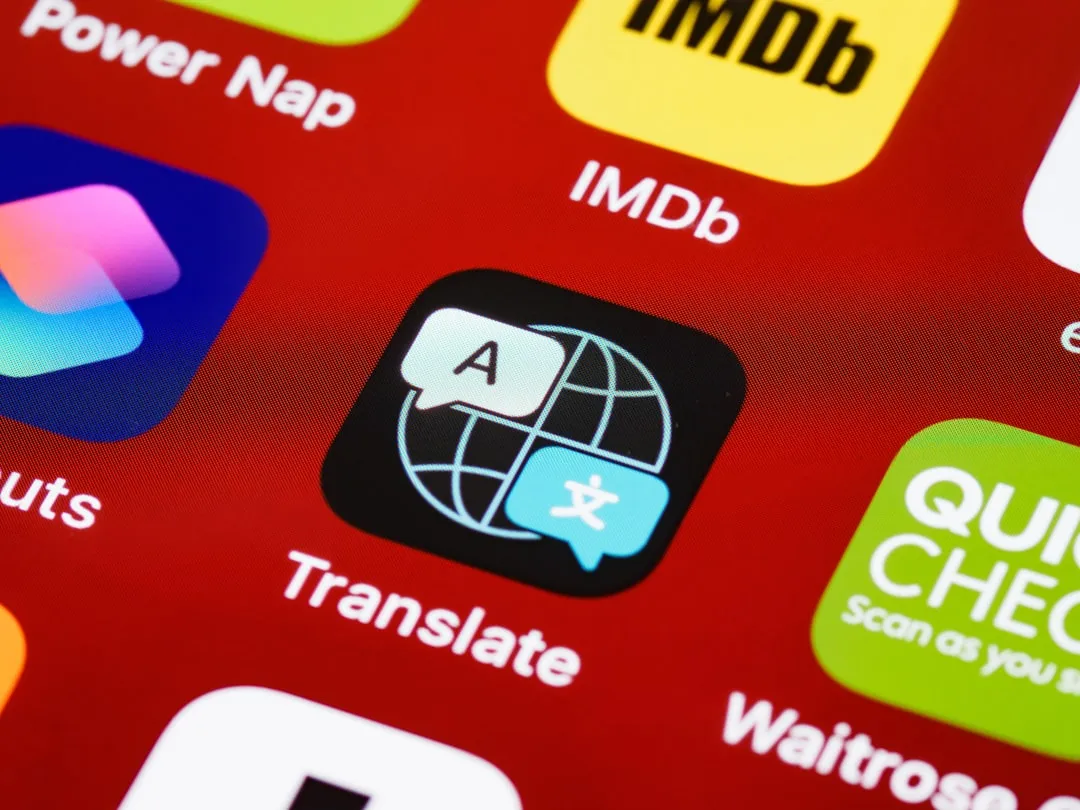


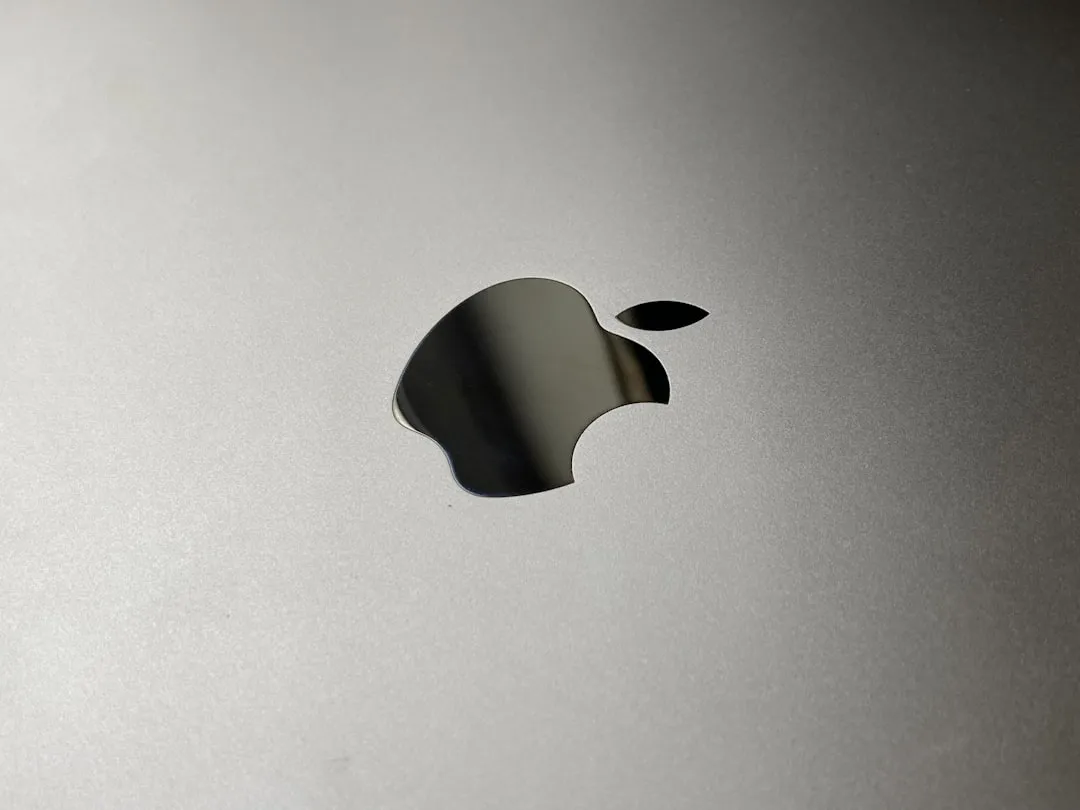
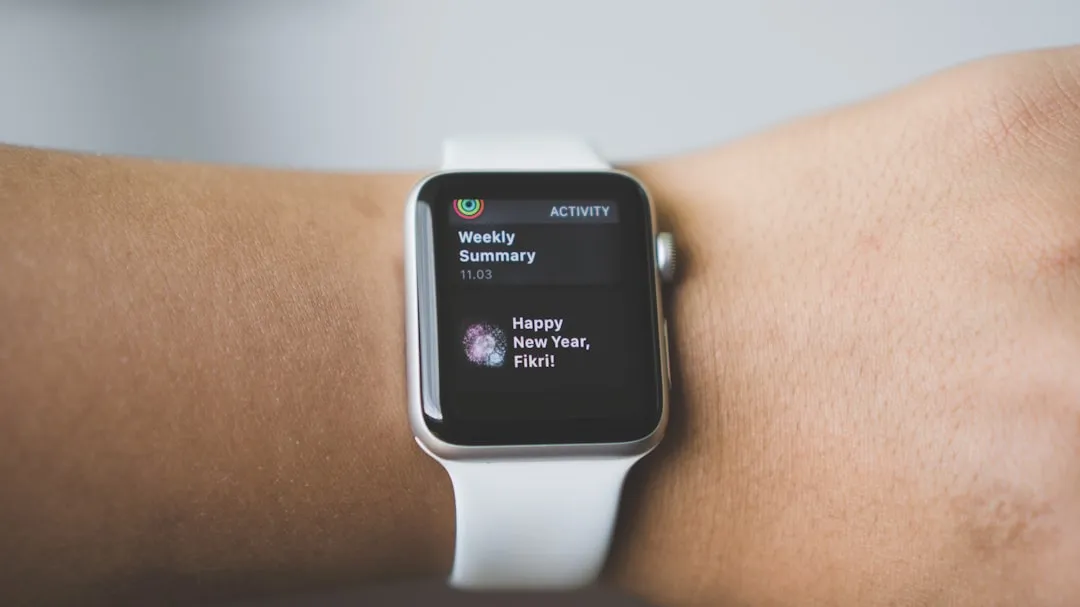
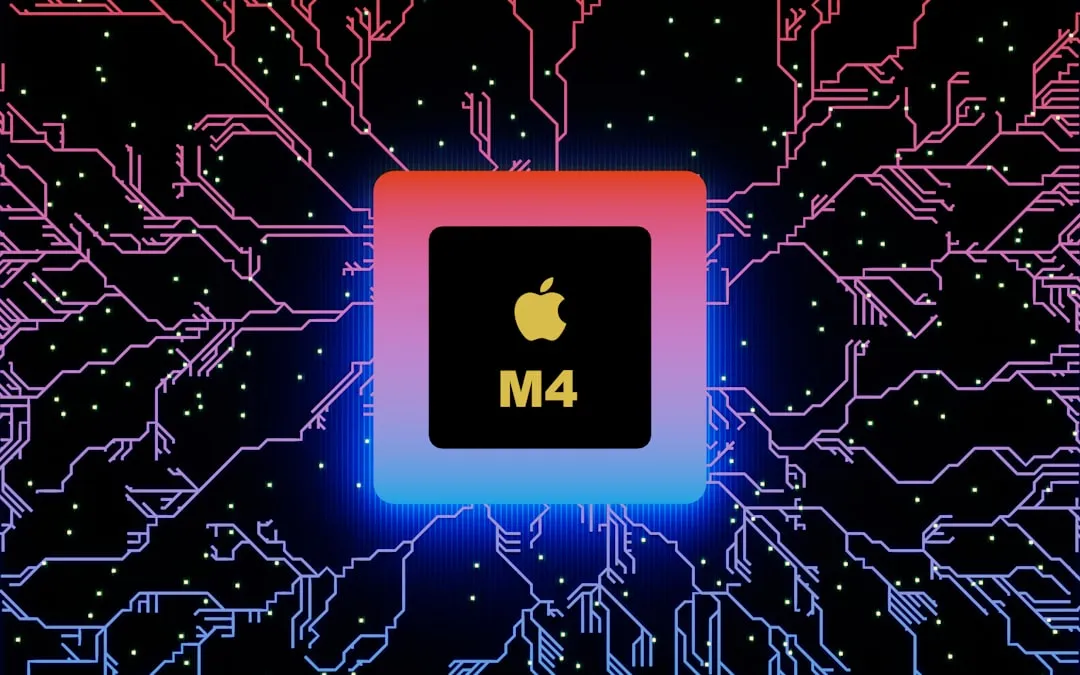



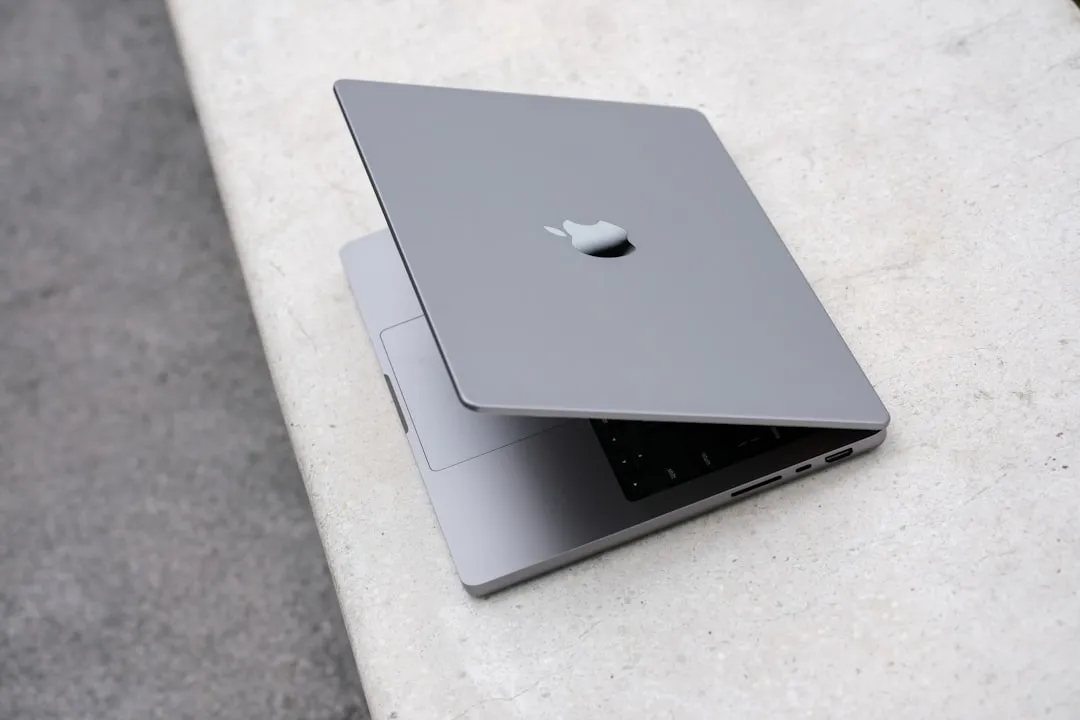
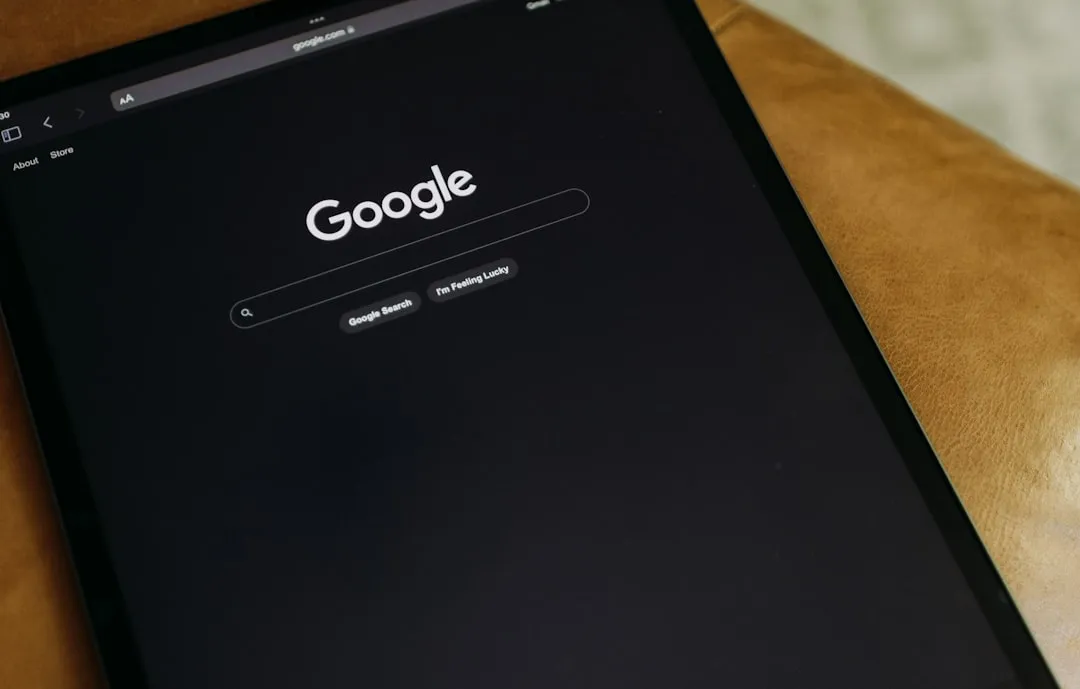

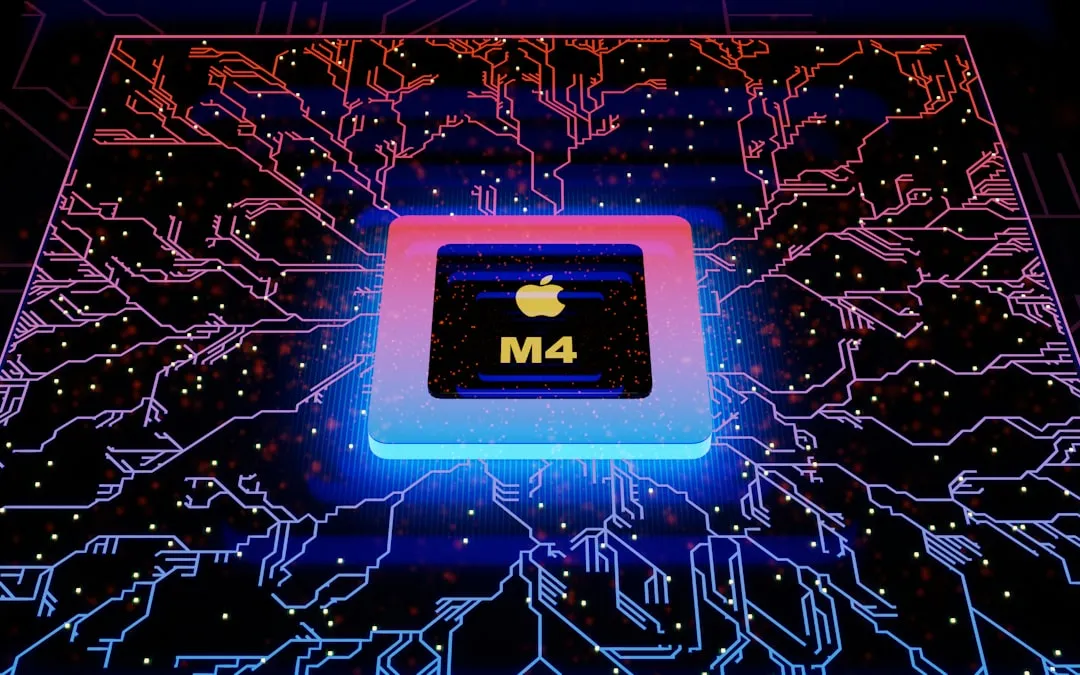

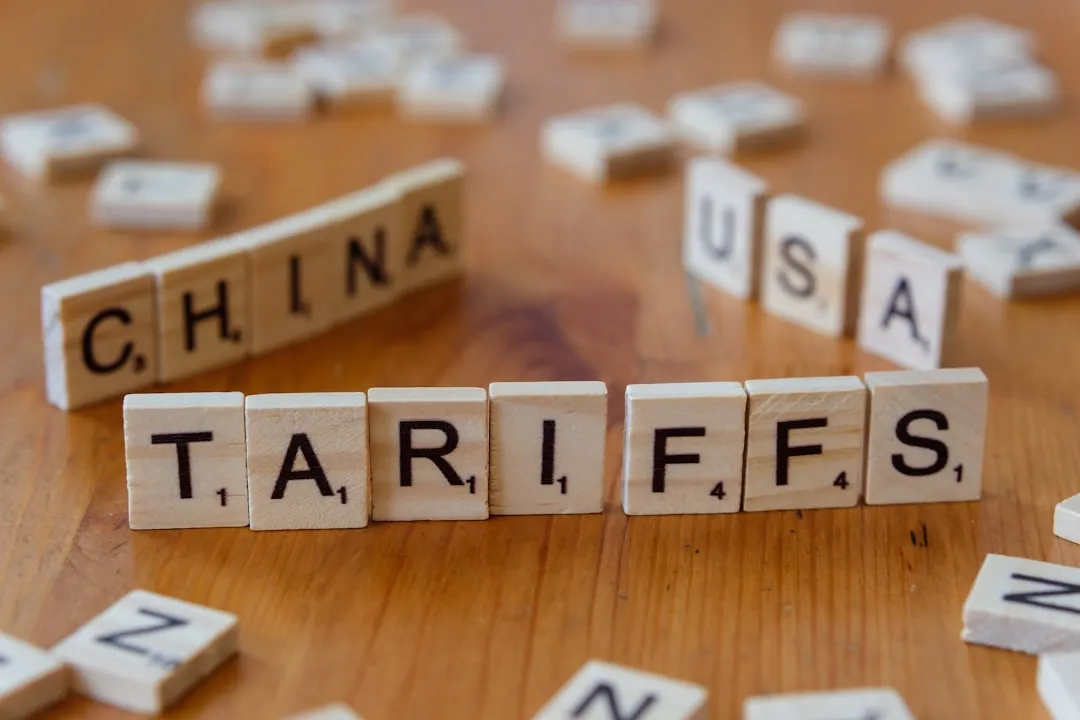
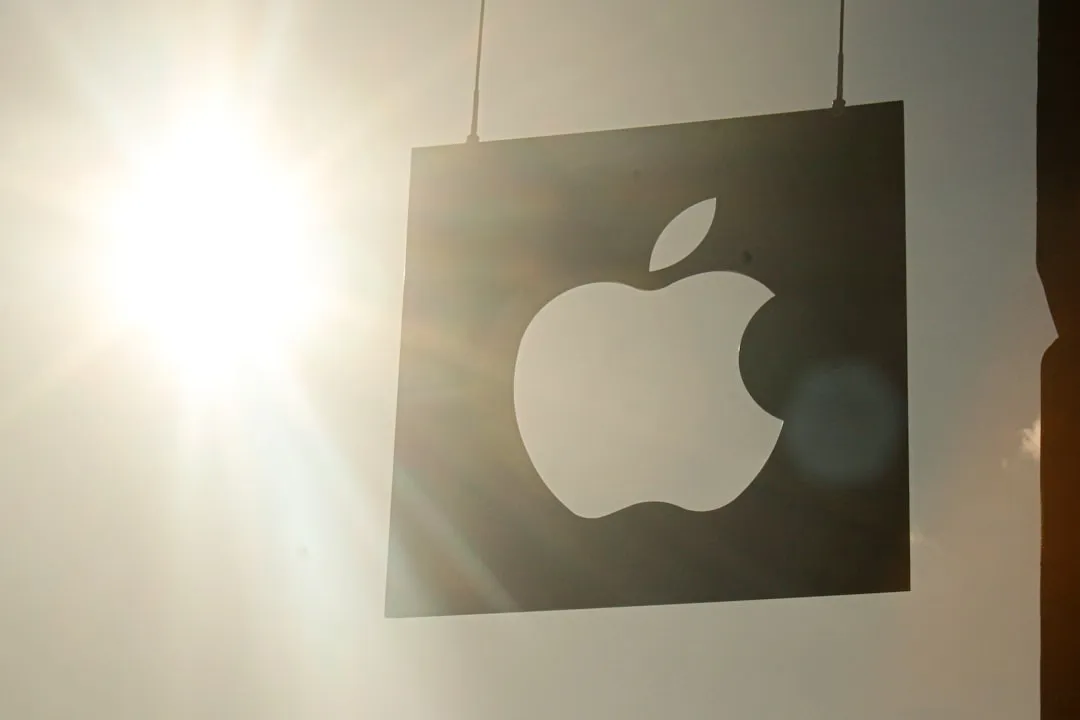
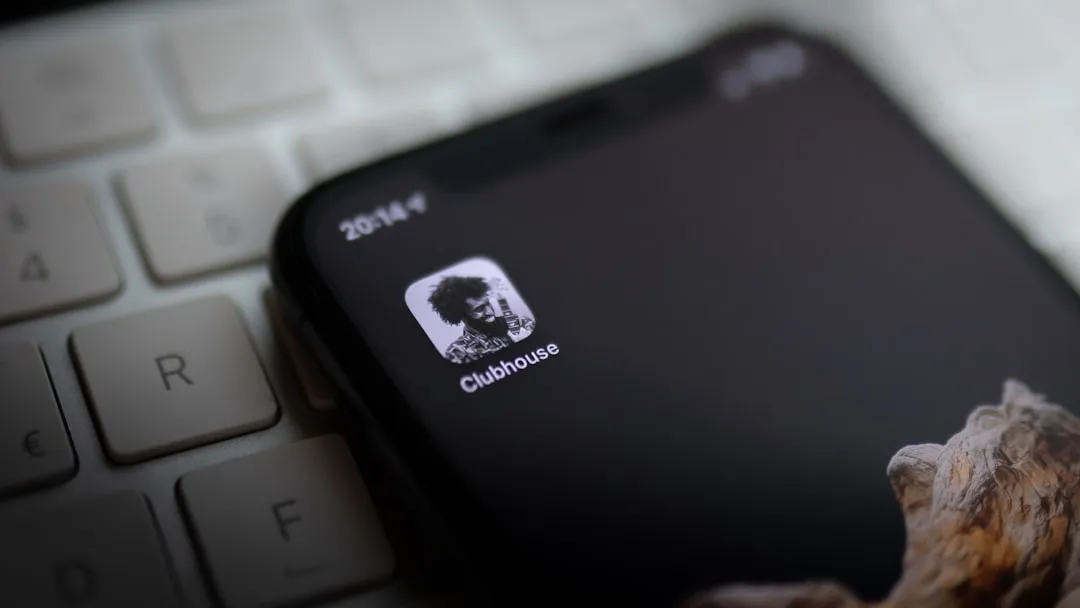


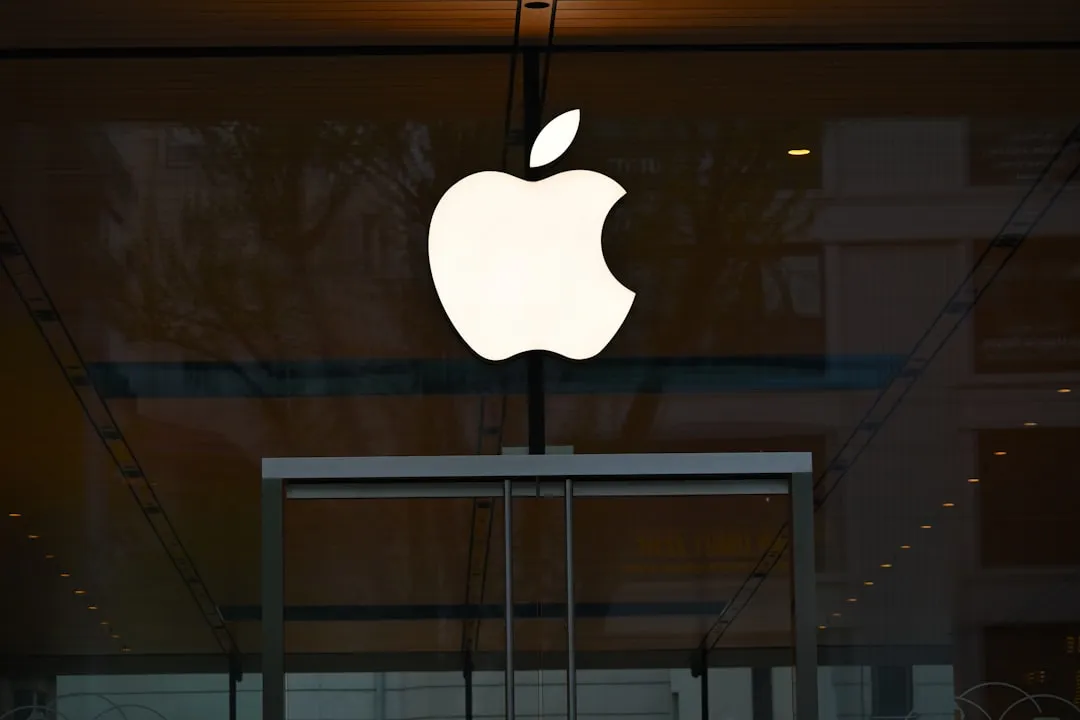

Comments
Be the first, drop a comment!